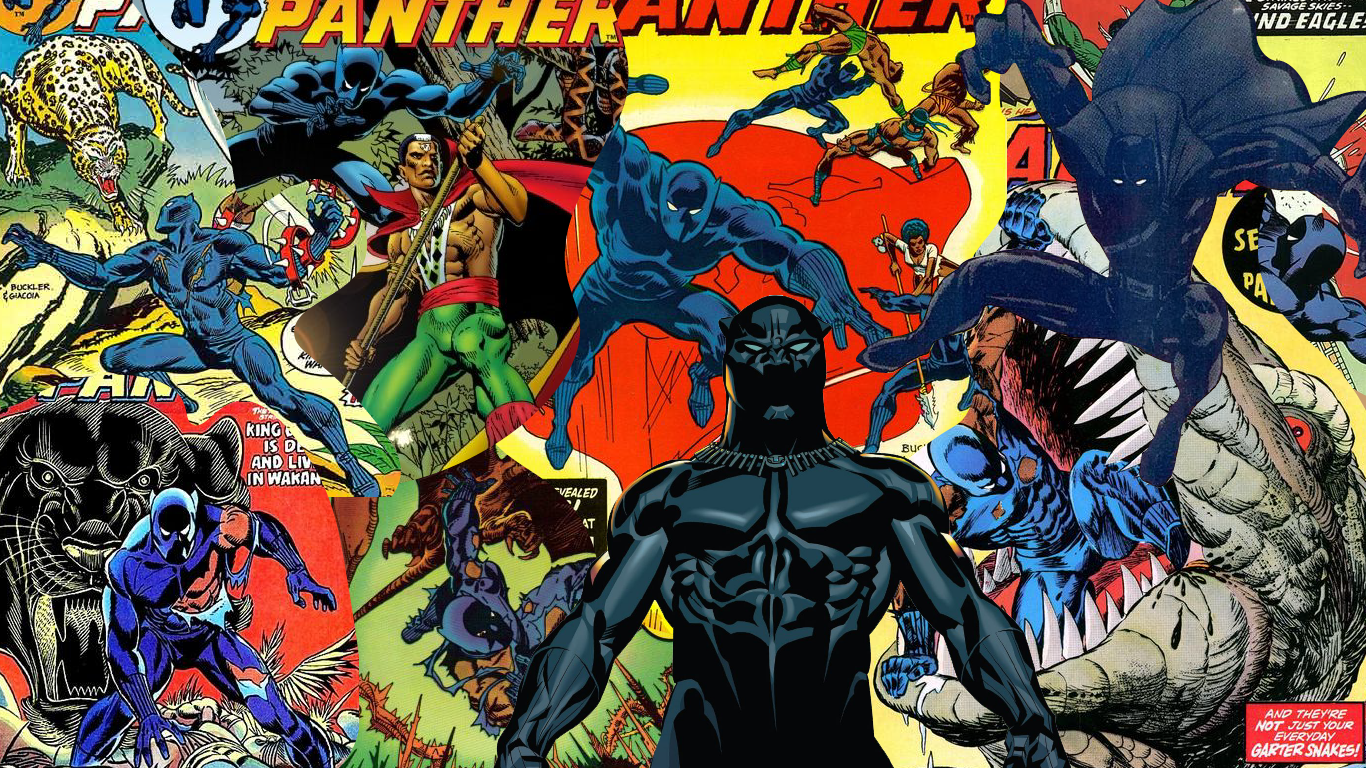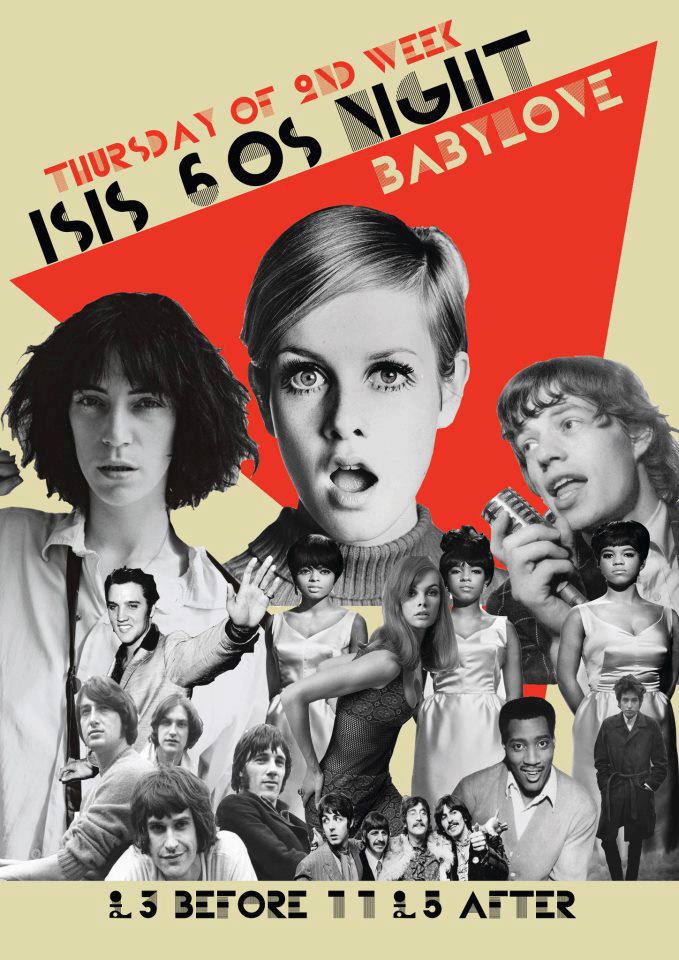PRESSURE POINT: Beware the new theocrats
Theocracy has a new frontman in Ahmed al-Sharaa. The overthrow of longstanding dictator Bashar al-Assad saw the replacement of a nominally secular government with an elite who have spent much of their careers waging jihad in the region. But for all the blood-infused devotion usually associated with radical Islamism, Sharaa promises us that violence is passé. Having tried his hand at governance in the province of Idlib amid the instability of the Syrian Civil War, he is interested in the duller work of spreadsheet-filling and state building in Syria at large. Ahmed al-Sharaa is an Islamist — but he’s an Islamist who cares about the appearance of pragmatic government, where so many Islamists have not. He augments religious zeal with a desire to achieve action items, grab low-hanging fruit and synergise. He is an Islamist who would have a career and a half solving business problems for McKinsey.
Western observers have largely treated the Middle Eastern world with either infantilising Orientalism or outright hostility. Respect for the region’s countries as equal partners in the international community was certainly not on the cards. The 1973 oil crisis was something of a volta in the tale of Arab-West relations, subjecting Britain, for example, to the rule of miners and IMF bureaucrats, and catapulting Saudi Arabia, by contrast, into prosperity. But wealth cannot change the fact that a country that takes the Quran and the Sunnah for its constitution, and a cabal of octogenarian clerics for its decision-makers, is unlikely to be respected by the most powerful players in the international community.
Mohammed bin Salman arrives to solve the problem. He’s far from an aged cleric; in fact, his government’s first move was to strip the clergy of their powers to dictate laws, clarifying that fatwas were not binding. Like the rest of his compatriots, he dons his thobe frequently. But the Crown Prince seems just as comfortable in a dark business suit. A former consultant with a law degree, his CV, before government, had more in common with a twenty-something Russell Group graduate in London than it did with the Ayatollah or any other Middle Eastern despot. This background is evident in his approach to government. Mohammed bin Salman is a McKinsey Islamist, combining reverence for Saudi Arabia’s religious heritage with a desire to strengthen and modernise the country’s economic and political institutions. Though nakedly an attempt to centralise power, the Crown Prince’s reforms have reduced the reach of religious authorities in everyday life and freed the business of governance away from the dictates of faith.
Mohammed bin Salman’s Saudi Arabia is, as a result, a markedly different place from the country of his predecessors. He replaced the customary system of male guardianship and permitted women to drive for the first time in 2018. He attracted the criticism of fundamentalists, at home and overseas, for his more liberal interpr etation of the fatwas decreed by the country’s religious scholars. His government has acknowledged the problems inherent to an economy whose wealth is built on oil and has committed itself to diversification. Internationally, Saudi Arabia is now, alongside the Gulf States, a first-choice venue for the for the world’s sporting events, having set up a rival to the PGA in LIV Golf, welcoming multiple heavyweight boxing bouts and the World Cup in 2034. MBS is winning—that informed observers object to this as “sportswashing” shows that his efforts to appear progressive must be fooling someone .
Though not born into royalty, Ahmed al-Sharaa operates in much the same vein. Born in Riyadh and raised in Damascus, he joined al-Qaeda and fought against the American-led occupation of Iraq. Once freed from a five-year term in American custody, he turned his efforts against the Assad government in Syria, this time leading Hay’at Tahrir al-Sham (HTS), a Sunni militant group designated as terrorists by the UN. But Sharaa now takes a view of statecraft so pragmatic that it raises the question of whether he was ever a fanatic in the first place. Sharaa makes predictions, not prophecies—the dates outlined for the fall of Assad, he told Rory Stewart and Alastair Campbell, were the result of logistical planning, not wishful thinking. Having spent the past twenty years rampaging through the region, Sharaa now speaks more softly, plainly stating that “a revolutionary mindset cannot make a state”. He talks, as if he were just assigned Acemoglu’s Why Nations Fail for his first-year politics reading list, of the importance of inclusive institutions to stable governments. He reckons, very practically, with the need to deprioritise military struggle and refocus government efforts at building roads and bridges. Most surprisingly of all, he describes the Anglo-American occupation of Iraq, which he resisted with all vigour as a young man, as a “mistake in policy”, thereby eschewing the moralistic “Great Satan” rhetoric of co-Islamists Iran. He acknowledges Saudi Arabia, among other nations, as a country from which he hopes to draw inspiration in his quest to bring about economic development to the country.
There’s the obvious question of his sincerity. Are we meant to believe that HTS’ top man is now an unopinionated, boring technocrat? His cabinet is stuffed with overtly ultra-Islamist politicians—his Minister of Justice oversaw the 2015 execution of a woman charged with prostitution and his Ministry of Education recently removed references to evolution from biology textbooks. But this is McKinsey Islamism manifest. While Syria will not become liberal or secular in the near future, it will steer clear of the barbarism of the Taliban’s Afghanistan, a regime with which Sharaa’s crew have been unjustly compared. Sharaa understands better than anyone that resisting the liberal international order is hard work, and the appearance of liberalism brings with it boatloads of cash.∎
Words by Nathan Osafo Omane. Image courtesy of Free Malaysia Today.







